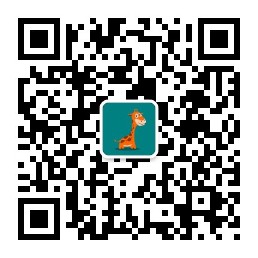第1465期:幸亏一切都是暂时的——分享一本静心的书。
本周在读一本释一行禅师的书:“The Art of Living: Peace And Freedom In The Here And Now, by Thich Nhat Hanh.
书中提到了一个每个中国人从小就学过的寓言故事:塞翁失马。
如果你要跟歪果仁塞翁失马的故事,你会怎么讲呢?
这个故事的寓意大家都懂,福祸相倚,人算不如天算。也给汉语留下了一句成语“塞翁失马,焉知非福?” 还有一句《道德经》里的话:祸兮福所倚,福兮祸所伏。Good fortune follows upon disaster;disaster lurks within good fortune.
这几句话内涵的哲学意义跟英文谚语 blessing in disguise 类似。
Wiktionary对“塞翁失馬,焉知非福。”这句话的翻译是:
Every cloud has a silver lining.
A setback may turn out to be a blessing in disguise.
你觉得这两种翻译怎么样?
一行禅师讲塞翁失马的故事意在引出一个道理——人间的一切都不是永恒的,都是临时的,都是会失去的。但也正因为事事都无常,人间才美好。
因为——
“Impermanence is not bad news.
Because of impermanence, despotic regimes are subject to fall.
Because of impermanence, illness can be cured.
Thanks to impermanence, we can enjoy the wonder of the four beautiful seasons.
Thanks to impermanence, anything can change and transform in a more positive direction.”
今天这篇小文,跟你分享一行禅师的这段话。希望当你看到四处都是黑暗时,别灰心。没有一种黑暗是无边的,因为没有任何东西是永恒的。
下面我把一行禅师转述的塞翁失马故事逐字打出来,与君共勉。有兴趣的读者可以快速扫读一遍,很快。没兴趣的读者到这里就可以结束今天的阅读了,多谢你的时间。
WE’LL SEE, WE’LL SEE
There’s an old story from China about Mr. Ly, a rural villager whose livelihood depended on his horse.
One day his horse ran away, and all his neighbors took pity on him: “How unlucky you are! What misfortune!”
But Mr. Ly was not anxious. “We’ll see,” he said. “We’ll see.”
A few days later his horse returned, bringing several wild horses back with it. Mr Ly and his family were suddenly very wealthy. “How lucky you are!” exclaimed the other villagers.
“We’ll see,” replied Mr. Ly. “We’ll see.”
Then one day his only son was training one of the new wild horses and he fell off and broke his leg. “What misfortune!” declared the neighbors again.
“We’ll see,” said Mr. Ly. “We’ll see.”
A few weeks later the imperial army passed through the village, to conscript all able-bodied young men into the military.
They did not take away Mr. Ly’s son, who was still recovering from his broken leg.
“How lucky you are!” said his neighbors again.
“We’ll see,” replied Mr. Ly. “We’ll see.”
– from The Art of Living: Peace And Freedom In The Here And Now, by Thich Nhat Hanh




